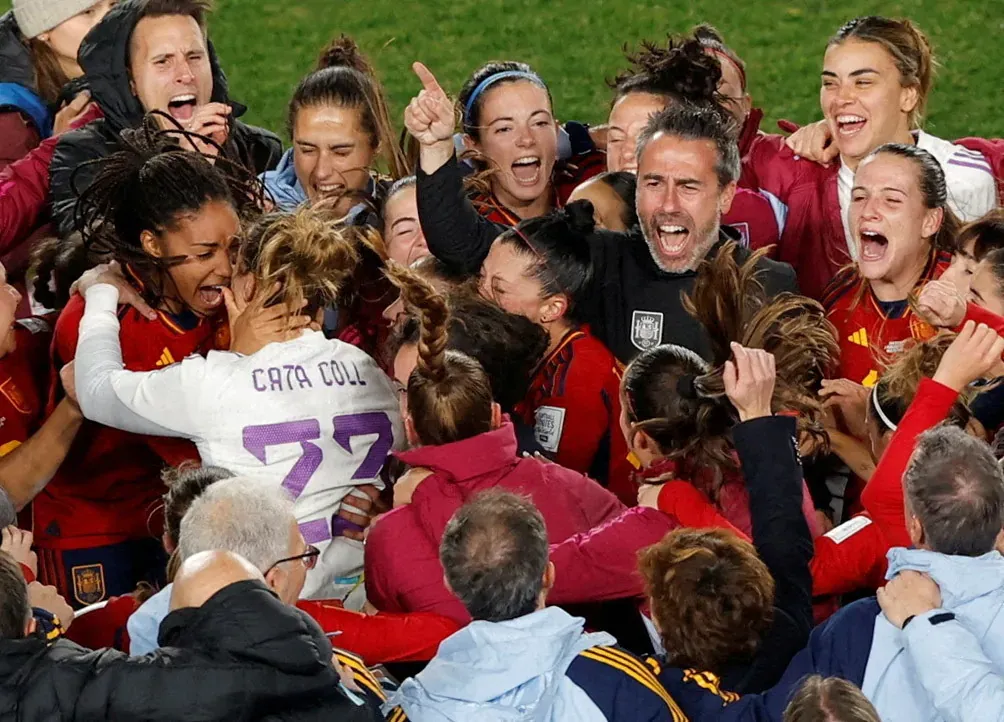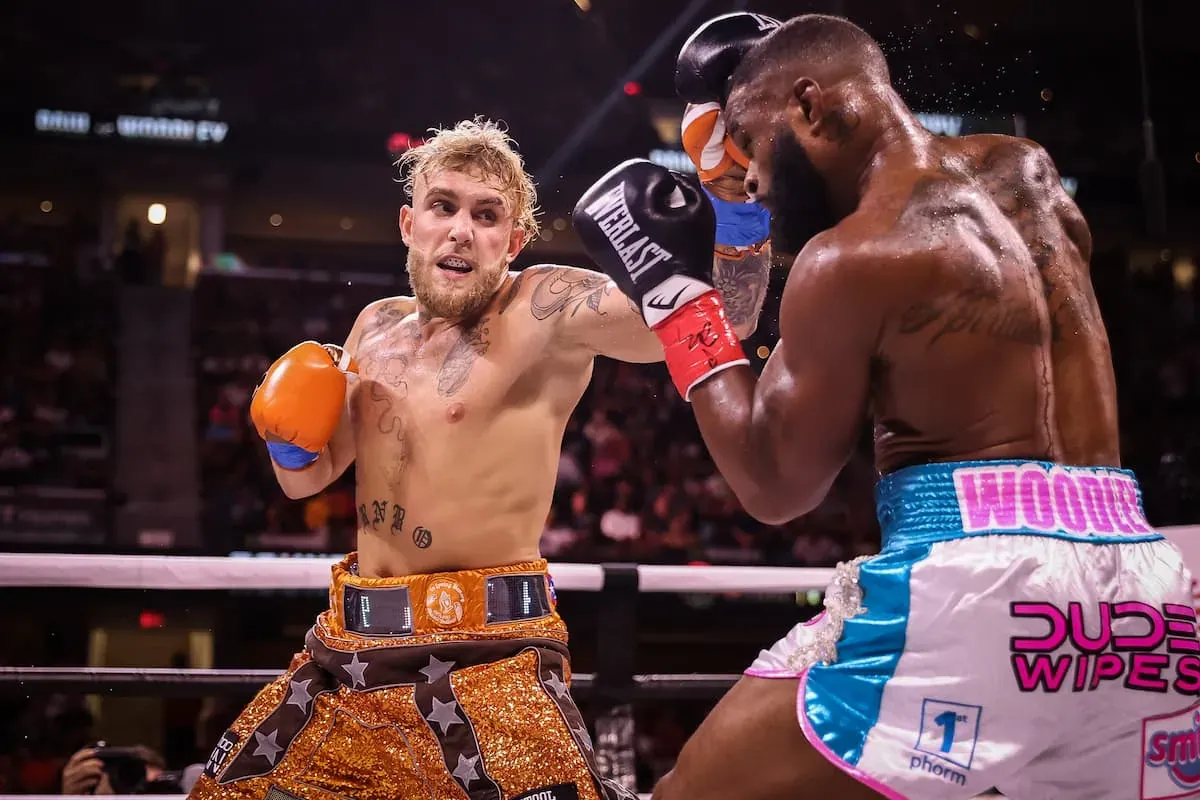Before the Women's World Cup final against England, Jorge Vilda listened to his name being booed from the sidelines.
Spanish supporters support their athletes.
Disapprove of Vilda and his employment
Another topic of discussion before Spain's World Cup championship game
WHAT OCCURED? Before the Women's World Cup final between Spain and England, names of players and managers were read out as is customary. But as Vilda's name came over the PA system, a chorus of boos accompanied it as the Spanish supporters expressed their displeasure with Vilda's tenure as coach.
The oval stadium where the Australian rugby team plays some of its smaller matches is tucked away among a beech forest in Sydney's Leichhardt district, long known as the city's Little Italy. Prior to the World Cup final, the Spanish national team is also practising there, albeit with a lighter training burden of just one session per day following two months of preparation since the group first met at a pre-tournament camp in Benidorm.
There is much laughter and camaraderie, as was seen on Friday when several ambassadors from the Spanish energy company Iberdrola, including snowboarder Queral Castellet, karateka Sandra Sánchez, and surfer Luca Martio, appeared to support the team. "Photo!" was the adamant demand. The players were pleased to participate as well. For example, coach Jorge Vilda played around with Real Madrid forward Athenea del Castillo's hair while experienced striker Jenni Hermoso tickled goalie Misa. A few minutes later, the team went back to work with strength training circuits combined with injury prevention exercises using tapes and TRX, allowing the players to work with their own weight.clear when they faced off against Sweden's physicality in the semifinals and eventually defeated one of the pre-Favourites of the competition with the ball at their feet. After describing what the players, including the goalkeepers, had to perform in the several mini-sessions, the physical trainer Blanca Romero yelled, "Are we ready?" "Let's start working!"
Laia Codina, a defender for Barcelona, admitted after the game against the Swedes that "the truth is that at first we kind of hated Blanca," but that "now we are grateful for the shape we are in." And against England, a team with few, if any, weaknesses, that physicality will also be necessary.
Few adversaries have been scrutinised by Spain's experts more closely than England, who eliminated La Roja in the 2022 European Championship quarterfinals en route to winning the tournament. They play with great efficiency, and even though they had trouble stopping Haiti or Nigeria, overall, their play has been excellent. whether you look at their passing, possession, and quantity of attacks, it doesn't matter whether they were criticised for that, according to the Spanish coaching staff.
The counterattacking punch of England, their presence, their mindset, and notably how Sarina Wiegman's team will line up, are all equally concerning. The work in the video sessions has been in-depth because the areas of pressure and the spaces that are generated rely on how the opponent plays. The European champions have used two systems during the competition (4-3-3 or 3-5-2). Although they have faced off 13 times, Spain and England have never met at a World Cup. La Roja has recorded two victories, four ties, and seven losses against the English.
The players claim that the new ball, which FIFA introduced in the semi-finals, has some strange differences, despite the fact that they have had time to practise with it as they received the balls before their first training session ahead of the quarterfinals. This has also confused the players somewhat. But it's only a small issue. Both teams use the same ball. The unpredictable nature of the fundamental tool won't determine who wins the World Cup. Physicality will be important, but so will how both parties use it.
.webp)






.webp)




%20(2).webp)



%20(1).webp)